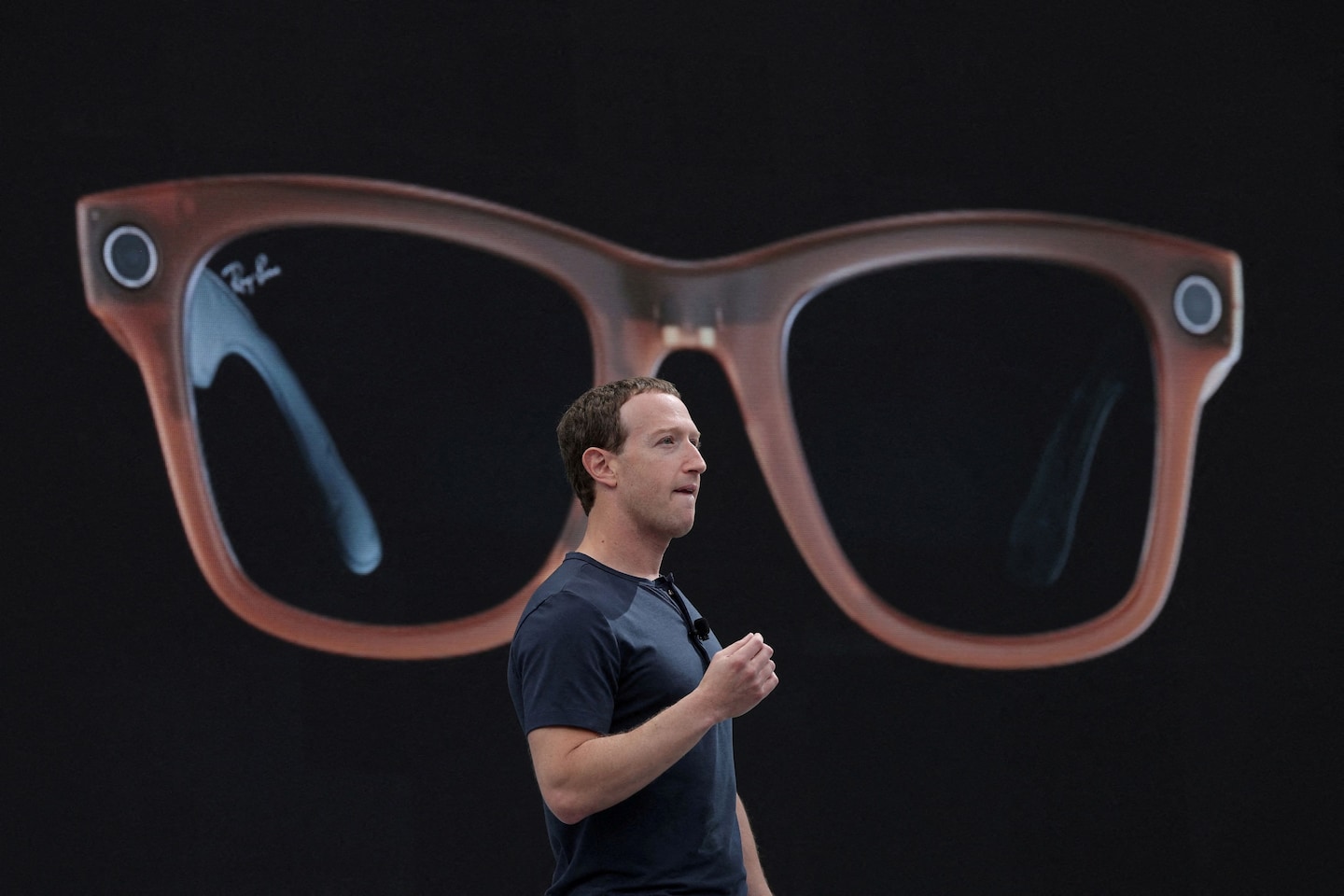If successful, Meta could undermine the business models of its Big Tech rivals and make it easier for startups to compete against the likes of OpenAI, while potentially giving fraudsters, government-sponsored hackers and other bad actors access to the latest technology.
Meta just released the latest version of their AI, Llama 3 three months ago. But the new release includes a model trained on much more data than the previous version, potentially increasing its capabilities and providing a new tool for businesses and organizations looking to use a larger, more powerful AI model in their products.
“Llama 3 is competitive with the most advanced models,” Meta CEO Mark Zuckerberg said in an open letter on Tuesday. “Starting next year, we expect future Llama models to be the most advanced in the industry.”
When OpenAI released ChatGPT in late 2022, it was started an arms race among Big Tech companies to build new AI products and get people to pay for them. Microsoft struck a multibillion-dollar deal with OpenAI to gain access to its technology, while Google created its own AI models and integrated them into its products. Meta has also spent huge sums of money on AI, but unlike Microsoft and Google, it doesn’t have a large cloud software business to help it sell that AI to other companies.
STUCK IN
Stories to keep you informed
Instead, the company has chosen to make its AI open source, hoping to create an ecosystem where companies that don’t have their own AI technology use Meta, giving the company influence over large parts of the tech world, similar to how Google’s control of the Android operating system provides it affects the mobile industry.
Meta’s family of Llama AI models has already been downloaded by businesses and individuals 300 million times, said Rob Sherman, vice president of policy and deputy chief privacy officer at Meta.
The company’s open-source approach has raised concerns from some politicians, activists and AI researchers that the technology could be used by America’s geopolitical rivals or by criminals and fraudsters. Other open source AI tools have already used to create images of child sexual abuse. But the company has over the past year offered a staunch defense of its approach, and on Tuesday Zuckerberg doubled down in his letter, saying open tools are more easily scrutinized by researchers and regulators than the closed systems built by his rivals.
“Open source will ensure that more people around the world have access to the benefits and opportunities of AI, that power is not concentrated in the hands of a small number of companies, and that the technology can be distributed more evenly and safely in society,” he wrote. Meta also provides tools that companies can use to test the security of their AI systems.
Zuckerberg compared closed AI models to Apple’s practice of enacting rules and charging fees to developers who want to deploy their apps on iPhones, something Meta has struggled with for years.
“Between the way they tax developers, the arbitrary rules they apply, and all the product innovations they block from shipping, it’s clear that Meta and many other companies would be freed up to build much better services for people” without the phone maker’s rules, he wrote.
Tuesday’s announcement comes as Meta tries to chart a new future for itself by building out a suite of AI products it says will change the way people shop and communicate online.
Earlier this year, Meta began integrating Meta AI into its social media apps, allowing the tool to generate images and answer questions from its users in search boxes on WhatsApp, Instagram, Facebook and Messenger.
Across the tech industry, however, whether consumers will use AI tools in their daily lives remains an open question. Many high-profile AI launches, such as Google’s integration of AI into search results, have resulted in failures and failures that force companies to withdraw the product.
“We’re in the phase of this where the main goal is to get many hundreds of millions or billions of people using Meta AI as a core part of what they do,” Zuckerberg told investors in April. “That’s kind of the next goal, to build something that’s very valuable.”
#Meta #releases #opensource #model #rivals #OpenAI #Google #tech
